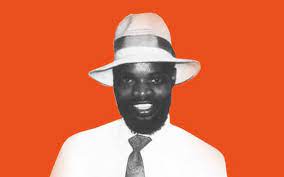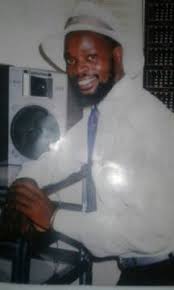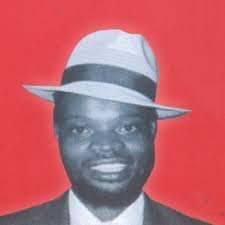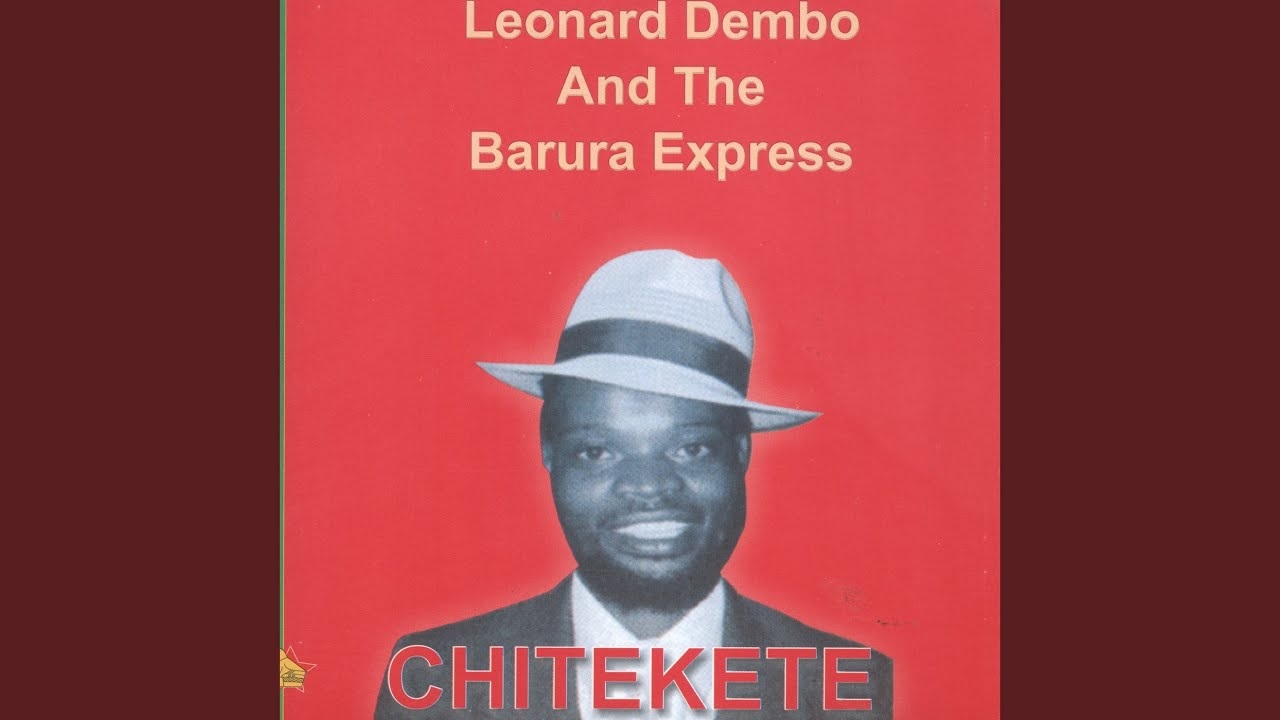The music of Sungura legend, Leonard Musoro wenyoka Dembo who has influenced many lives even in his death still lives on.
Born on 6 February 1959 in Chivi, Masvingo province, Dembo died on 9 April 1996 when he was just 37 years old. However his fame is like that of a person who lived for over a century.
His albums such as Chitekete, Ruvarashe, Nhamo Moto, Kuziva Mbuya Huudzwa and Sharai rocked the airwaves even still today, 25 years later.

According to the legend’s history in the music archives, Leonard Dembo’s father died and left him while he was just five years old and his sister eight, and his brother three. These young ones were left to fend for themselves probably subsequently influencing Dembo’s later messages in his music particularly in Nhamo Takura Nayo, Nhamo Moto and Kukura Kwedu, among other songs he composed.
Dembo was described by journalists of yesteryear as a very shy person who could not concede for an interview. He was camera shy such that his shows were not officially covered by the media. Reports indicate that he would leave the stage to “deal” with anyone who would attempt to take his picture during the show.
There are a few videos of Dembo; Manager, Sharai and some live coverage of his show on the internet. Yet, it is argued that all these were impromptu recordings of Dembo, thereby suggesting that it could have been against his will. Ethically, it is wrong to take a picture of someone without his or her consent. At least unethical as it may be, we now have something about this legend in form of videos.

Indeed, sources show that Dembo was such a short-tempered musician. This has been confirmed by Raphael Makwiramiti, who was Dembo’s long-time friend who shared of an incident when Dembo is said to have beaten up his manager at Delta.
At some point, reports were that Dembo in 1992 discharged a firearm when a crowd had blocked his Toyota Cressida trying to stop him from leaving as they wanted him to continue playing. Of course, it is said that he faced the demands of the law in that case.
It was shared by Makwiramiti that Dembo would argue that a video would expose him to witches who could destroy him through a needle (kumubaya netsono patelevision). The man was so superstitious, according to Makwiramiti, that he even suspected some of his contemporary artistes such as the late Simon Chimbetu and John Chibadura (whom he called zvigure) of having supernatural powers capable of destroying his career.
Some showbiz rumours suggest that Dembo hated Chimbetu to the extent of composing a celebratory song Shamwari Yangu Warova (commonly known as Madhiri) when Chopper was jailed in the early 1990s.
Dembo was said to be a believer in African traditional religion. His mother, Mbuya Dembo, shared that her son would always drive down to Chirumanzu and would take her to Harare to facilitate the brewing of some traditional beer that would be used as offering to the ancestors each time a new album was to be launched.
Dembo clearly expressed his fear and respect for the Almighty.
Indeed, when he was no longer well in terms of his health, Dembo was connected to the Madzibaba apostolic sect by fellow sungura singer Nicholas Zacharia.
Mbuya Dembo shared that despite his son’s association with the Madzibaba Church, on his death bed; Dembo actually requested a scud (opaque beer) from his mother when she had visited him at the Avenues Clinic some hours before his death.

There has been confusion about Dembo’s name Musorowenyoka. Some sources argue that this nickname was given to him as an appreciation of Dembo’s skills that could be matched with those of a snake. Indeed, here was a skilful musician whose lead guitar almost “talked”. His artistic hand manifested clearly in Kutinya Marimba.
Others hold that Musorowenyoka came about as a result of the shape of his bald head. If this is true then, what some writers claim can be true too, that at one point, Dembo had to beat up a fan who had called him by that name and it could have been unpalatable.
What is not clear is the year he formed his own group, Barura Express. Some say it was in 1984, while others argue that the band was only formed in 1985. Those arguing for 1984, go further to assert that it is with the Barura Express that Dembo recorded Mai neVana Vavo in the same year.
Members of the Barura Express later included, Innocent Mujintu (only surviving member now according to available sources), Alexander Muudzwa, Chrispen Zimburu, Cosmas Nyathi, Kidson Madzorera, Shepard Akim.







